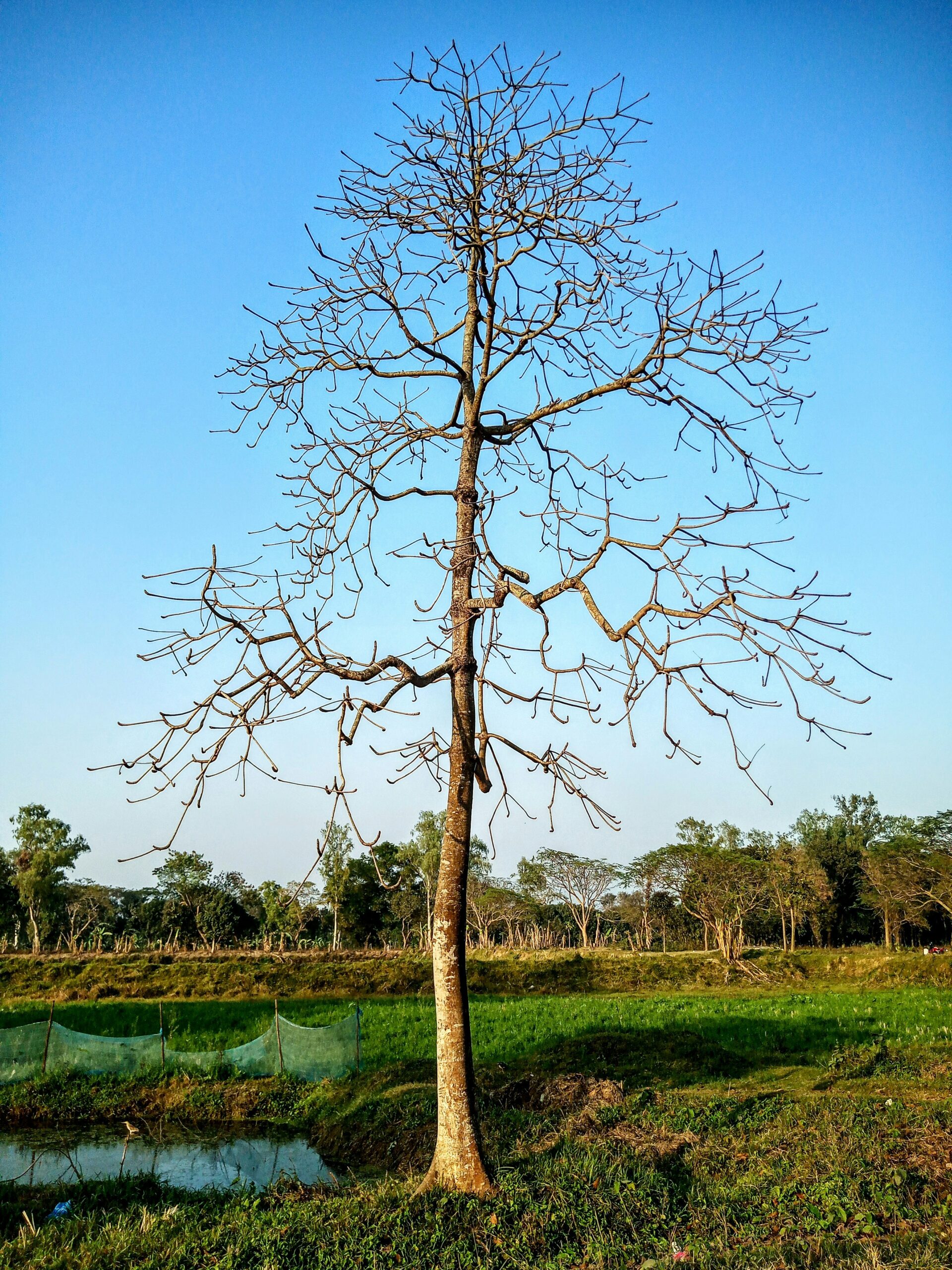Bible Study: “The Barren Fig Tree: A Call to Bear Fruit”
Matthew 21:18–22 (NKJV)
Now in the morning, as He returned to the city, He was hungry. And seeing a fig tree by the road, He came to it and found nothing on it but leaves, and said to it, “Let no fruit grow on you ever again.” Immediately the fig tree withered away. And when the disciples saw it, they marveled, saying, “How did the fig tree wither away so soon?” So, Jesus answered and said to them, “Assuredly, I say to you, if you have faith and do not doubt, you will not only do what was done to the fig tree, but also if you say to this mountain, ‘Be removed and be cast into the sea,’ it will be done. And whatever things you ask in prayer, believing, you will receive.”
Introduction:
In Matthew 21:18–22, we read a moment in Jesus’ final week before the cross—a moment that seems small, but carries deep spiritual weight. Jesus approaches a fig tree looking for fruit. Seeing leaves but no fruit, He curses the tree, and it withers immediately. At first glance, this seems like an act of frustration. But as with everything Jesus did, there is a greater lesson here.
This passage isn’t just about a tree—it’s about people. It’s about those who outwardly appear religious, but inwardly lack the spiritual fruit that comes from a real relationship with God.
1. The Natural Expectation: Leaves Mean Fruit
Fig trees in that region produce fruit around the same time as their leaves. So, when Jesus saw the leaves, it was reasonable to expect that fruit would be there too. But this tree had the appearance of life with no substance—it was all show.
This mirrors many people today—those who look like believers on the outside, but lack real spiritual growth. They may say the right things, go to church, or even quote Scripture, but there’s no fruit of the Spirit in their lives.
2. Spiritual Meaning: Known by Our Fruit
Jesus’ action was a physical parable. It reflected His judgment not just on the tree, but on those—especially among His own people, Israel—who had the appearance of righteousness but rejected Him.
This connects directly with Matthew 7:15–20, where Jesus teaches that a tree is known by the fruit it bears. A genuine believer is known not by what they say, but by what their life produces. Are they loving, kind, forgiving, obedient to God’s Word? If not, they are like the fig tree—full of leaves, but no fruit.
3. God Judges Fruitlessness
When Jesus cursed the fig tree, it withered immediately—a powerful picture of what happens when someone repeatedly rejects truth. Over time, their heart becomes hard, and spiritual death sets in.
This serves as a warning not only to Israel in Jesus’ time, but to anyone today who claims to know God but lives in hypocrisy. God is not interested in religious performance—He desires transformation that produces visible, lasting fruit.
4. A Modern-Day Example: Hebrew Israelites
Some modern groups, like certain branches of the Hebrew Israelite movement, may seem religious on the surface. They follow many Old Testament laws and talk about holiness. However, some promote false doctrines—like claiming that only people of color (Black, Hispanic, Native American, etc.) can be saved, while those of Caucasian descent cannot.
This contradicts the heart of God. Genesis 1:27 says all humans are made in God’s image. John 3:16 tells us that God loved the world, not just one group. And 1 John 4:20 says if you don’t love your brother, you don’t love God.
Religious appearance means nothing if it’s not rooted in love and truth. Just like the fig tree, these groups may appear godly, but if they bear no fruit of the Spirit—love, joy, peace, kindness, humility—they are fruitless, and judgment will come.
Conclusion
The message of the fig tree is not about plants—it’s about people. It’s a call to examine ourselves. Do we merely look the part, or are we truly bearing fruit that pleases God?
Jesus said in John 15:5, “I am the vine, you are the branches. He who abides in Me, and I in him, bears much fruit.”
We bear fruit by staying connected to Christ—through prayer, obedience, humility, and love.
Let’s not be like the fig tree with only leaves. Let’s be believers who not only know the Word but live the Word—showing the world who we belong to through the fruit of our lives.




